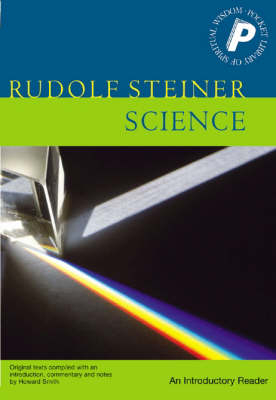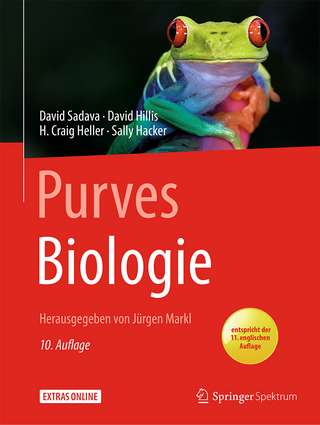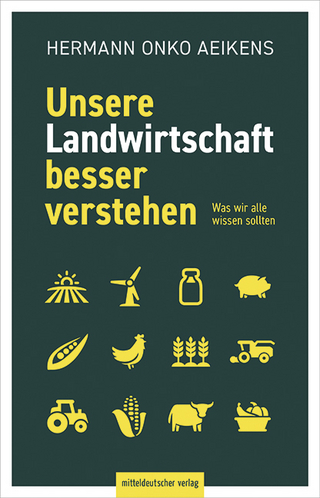
Science: an Introductory Reader
Rudolf Steiner Press (Verlag)
978-1-85584-108-6 (ISBN)
- Titel ist leider vergriffen;
keine Neuauflage - Artikel merken
Steiner's original contribution to human knowledge was based on his ability to conduct spiritual research, the investigation of metaphysical dimensions of existence. With his scientific and philosophical training, he brought a new systematic discipline to the field, allowing for conscious methods and comprehensive results. A natural seer from childhood, he cultivated his spiritual vision to a high degree, enabling him to speak with authority on previously veiled mysteries of life.
Topics include: from pre-science to science; the origin of mathematics; the roots of physics and chemistry, and the urge to experiment; the boundaries of science; understanding organisms: Goethe's method; the quest for archetypal phenomena; light, darkness, and color; the rediscovery of the elements; the nature of warmth; the scale of nature; the function of the ethers in the physical; subnature; the nature of atoms; and the natural and spiritual sciences.
Rudolf Steiner (1861-1925) was born in the small village of Kraljevec, Austro-Hungarian Empire (now in Croatia), where he grew up (see right). As a young man, he lived in Weimar and Berlin, where he became a well-published scientific, literary, and philosophical scholar, known especially for his work with Goethe's scientific writings. At the beginning of the twentieth century, he began to develop his early philosophical principles into an approach to systematic research into psychological and spiritual phenomena. Formally beginning his spiritual teaching career under the auspices of the Theosophical Society, Steiner came to use the term Anthroposophy (and spiritual science) for his philosophy, spiritual research, and findings. The influence of Steiner's multifaceted genius has led to innovative and holistic approaches in medicine, various therapies, philosophy, religious renewal, Waldorf education, education for special needs, threefold economics, biodynamic agriculture, Goethean science, architecture, and the arts of drama, speech, and eurythmy. In 1924, Rudolf Steiner founded the General Anthroposophical Society, which today has branches throughout the world. He died in Dornach, Switzerland. Matthew Barton is a translator, editor, teacher, and poet, and taught kindergarten for many years at the Bristol Waldorf School. His first collection of poems was Learning To Row (1999). He has won numerous prizes for his work, including an Arts Council Writer's Award and a Hawthornden Fellowship.
| Erscheint lt. Verlag | 6.10.2003 |
|---|---|
| Übersetzer | M. Barton |
| Zusatzinfo | Illustrations |
| Verlagsort | East Sussex |
| Sprache | englisch |
| Themenwelt | Naturwissenschaften ► Biologie |
| ISBN-10 | 1-85584-108-8 / 1855841088 |
| ISBN-13 | 978-1-85584-108-6 / 9781855841086 |
| Zustand | Neuware |
| Haben Sie eine Frage zum Produkt? |
aus dem Bereich


